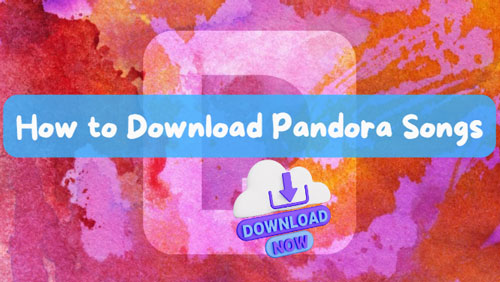

- #DOWNLOAD PANDORA RADIO APP FREE HOW TO#
- #DOWNLOAD PANDORA RADIO APP FREE INSTALL#
- #DOWNLOAD PANDORA RADIO APP FREE CODE#
- #DOWNLOAD PANDORA RADIO APP FREE DOWNLOAD#
Writing a launch.json file is necessary to tell VSCode how to debug your project: which program to run, where to find the debugger, what arguments to give your program, etc. This is the meat and potatoes of debugging in Visual Studio Code. For this reason, whether you’re using the example project mentioned in this post, or your own custom project, the instructions will achieve the same thing. It’s worth noting that the above instructions should work for any CMake project. Essentially, CMake mirrors the structure of your main project, so all executables and libraries will be where they were created in the original CMakeLists.txt files.

Configure And Compile Your CMake Project On Visual Studio Codeįirstly, make sure you can configure and compile your CMake project on VSCode. In this section, we look at how to debug C++ application created for Linux under WSL, all within VSCode. Without further ado, let’s see how we can use VSCode to debug our C++ project. Debugging Your C++ / CMake WSL Project With VSCode
#DOWNLOAD PANDORA RADIO APP FREE CODE#
If you installed all the Visual Studio Code extensions correctly, VSCode should pop up with fetch-content as your workspace. Once you downloaded the files to WSL, navigate cd into the fetch-content directory in the repository, then simply type code. Figure 1: Gif showing how to open a WSL directory as a workspace on VSCode.
#DOWNLOAD PANDORA RADIO APP FREE DOWNLOAD#
Therefore, if you would like to work with the same examples mentioned here, visit the link and download the project to your WSL. Opening The Test Project On VSCodeįor this example, we’re using the project created for the post about integrating Google Tests into CMake.
#DOWNLOAD PANDORA RADIO APP FREE INSTALL#
For example, “how to install make on Manjaro” on Google may tell you to run sudo pacman -S make. However, I recommend googling “how to install X” for your Linux distribution, so you can get the right terminal command for the installation. You can similarly install the other tools in that way.

For example, if you’re on Ubuntu, running sudo apt-get install gcc will install the compiler. Interestingly, each Linux distribution has a different way of installing packages. Make: build system to be used by CMake.GDB debugger: the equivalent debugger for your compiler.GCC/G++ compiler: the C++ compilation tools.If you haven’t already got them, install the tools shown in the list below so you can develop C++ applications on WSL. Similarly, you will also need to install a few tools in your Linux distribution on WSL. Interestingly, this extension pack contains all of the “nice to have” extensions for C++ development, such as CMake syntax highlighting, C++ syntax colour schemes, etc.įinally, if you haven’t installed extensions in VSCode before, simply click on the extension UI button, search for the extensions we mentioned, and install them! Tools Needed For Your WSL Installation C/C++ Extension Pack: Includes some of the extensions mentioned in this section, and a few more.C/C++: Enables C++ language support for Visual Studio Code (syntax highlighting, etc).CMake Tools: This Microsoft extension enables the support for CMake projects in VS Code, it will allow you to configure and build your CMake projects.Once installed, you can navigate to the directory you want in your WSL terminal, and simply type code. Remote WSL: This extension allows you to open workspaces from your WSL installation.For this reason, the list below contains the names of all extensions you need to install, and the reason for each one. Initially, if you haven’t used VSCode for C++ projects on WSL, you will need to install a few extensions, so everything runs smoothly. Video: Debugging C/C++ CMake projects on WSL with VSCode.Īdditionally, the project used in the video, as well as the final contents of the launch.json file are shown in the sections below.


 0 kommentar(er)
0 kommentar(er)
